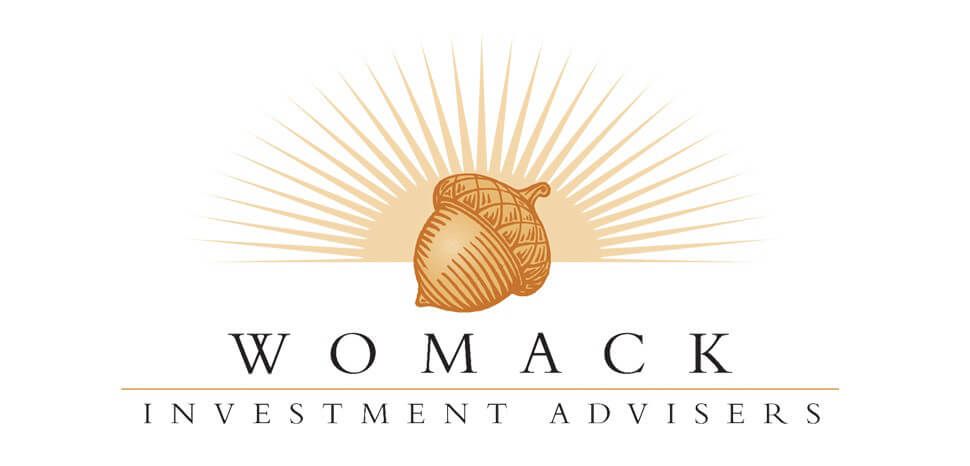1366 E 15th St, Edmond, OK 73013
Tel: (405) 340-1717 Fax: (405) 340-6091
Email: greg@womackadvisers.com
The Economy Appears to Be Slowing Down

Last week, many investors were focused on economic data. The Personal Consumption report offers information about Americans’ income and spending over the previous month. It includes one of the Federal Reserve’s preferred inflation gauges, the personal consumption expenditures (PCE) price index. The March report showed:
- Disposable income, which is the amount of money available for Americans to spend and save (after taxes), rose by 1.4 percent, year-over-year.
- The U.S. personal saving rate moved lower, falling to 3.2 percent, year-over-year.
- Consumer spending was higher than expected, up 0.8 percent from February to March, as Americans spent more on both goods and services.
- Headline inflation increased from 2.5 percent year-over-year in February to 2.7 percent year-over-year in March.
- Core inflation, which excludes volatile food and energy prices, did not change from month to month and remained at 2.8 percent.
What does it all mean?
“More spending is good for the U.S. economy, with consumption accounting for more than two-thirds of the country’s economic activity. But falling savings rates suggest consumers might need to extend themselves financially to keep the shopping going. Friday’s data add to other evidence—such as rising credit card balances and falling excess savings—that suggests, while still strong, the consumer-spending binge won’t continue forever,” explained Nicholas Jasinski of Barron’s.
Investors also had an eye on economic growth. The Fed has been raising rates to slow economic growth which, in turn, should help bring inflation lower.
One way to measure economic growth is through gross domestic product (GDP), which is the value of all goods and services produced over a specific period. Last week, data showed that U.S. GDP growth slowed in 2024. After inflation, the U.S. economy grew by 1.6 percent in the first quarter. That’s down from 3.4 percent growth in the fourth quarter of 2023.
Major U.S. stock indices moved higher last week, according to Barron’s. Yields on most maturities of U.S. Treasuries finished the week higher. However, yields moved lower on Friday after investors decided the Fed is likely to lower the federal funds rate at least once in 2024, reported Ye Xie of Bloomberg.
Is your portfolio positioned to take advantage of the trends? Please click here for your free risk assessment. This questionnaire will allow of us to find a way that best fits your needs! We will be in touch to review with you.
For more information on how to be financially prepared, contact our office at (405) 340-1717 or email greg@womackadvisers.com
Greg Womack
1366 E. 15th Street
Edmond, OK 73013
Phone: (405) 340-1717
Womack Investment Advisers, Inc. (WIA) is a registered investment adviser whose principal office is located in Oklahoma. Womack Investment Advisers, Inc. is also registered in the State of California, the State of Illinois, the State of Indiana, and the State of Texas. WIA only transacts business in sates where it is properly registered, or excluded, or exempted from registration requirements.
The Legal Stuff
Useful Links
Contact info
Get Our Weekly Newsletter!
Contact Us
Thanks! You'll start receiving our valuable newsletter to your inbox weekly!
Please try again later

